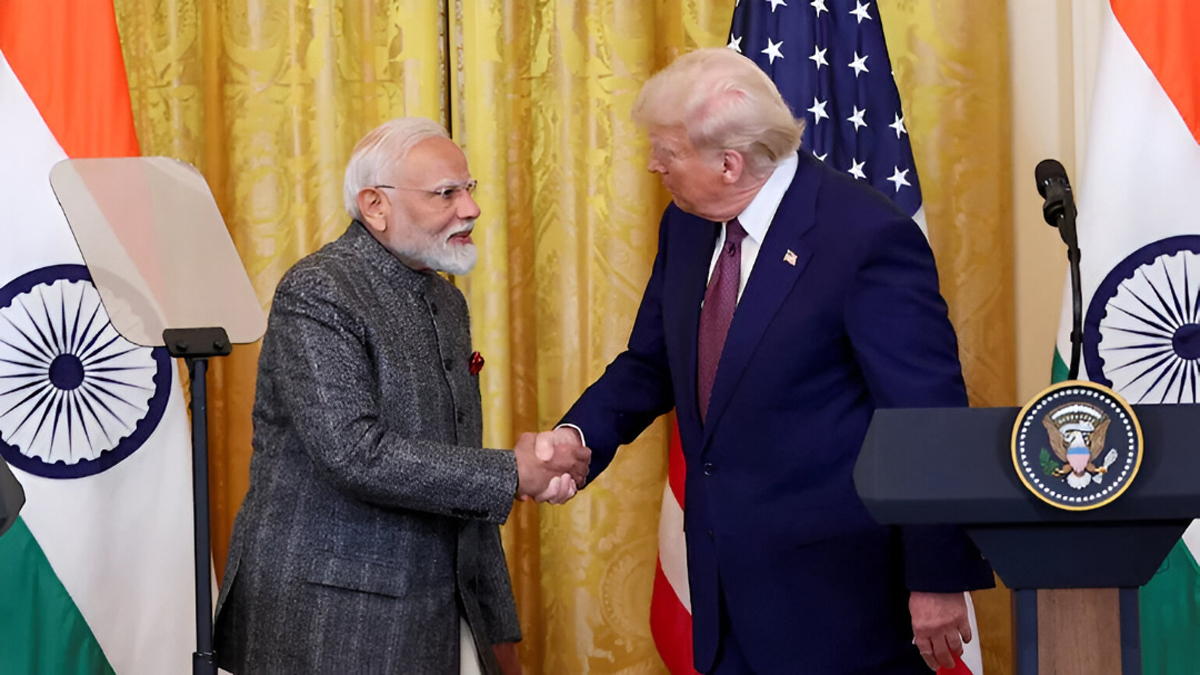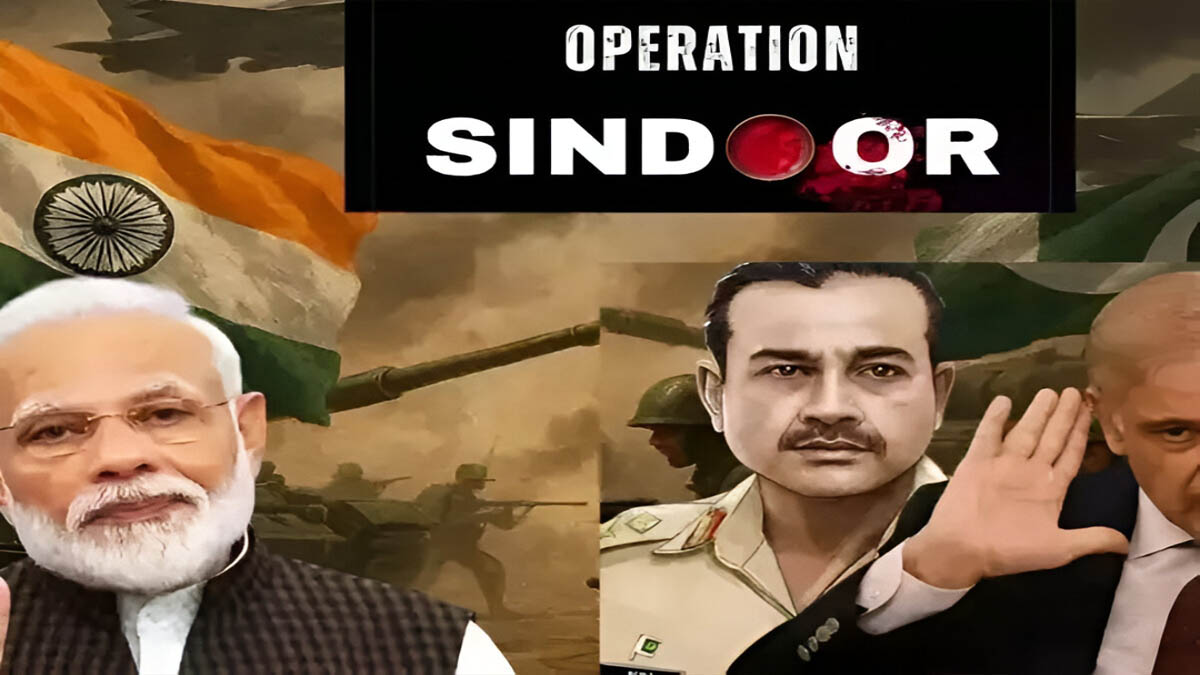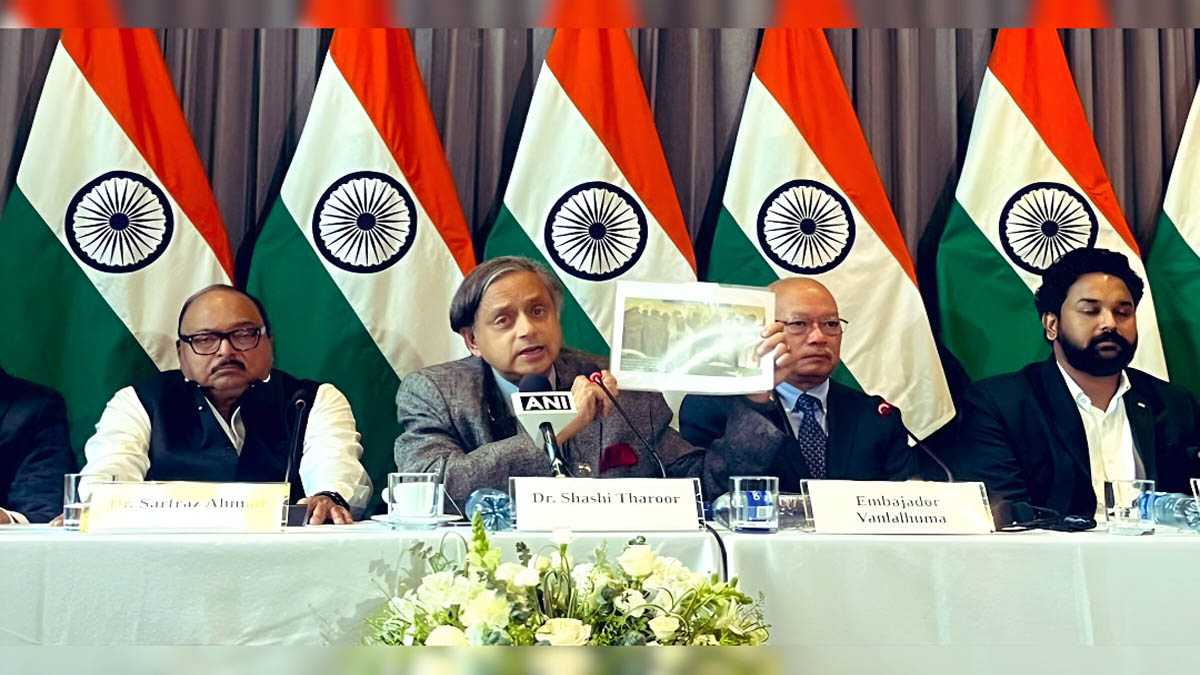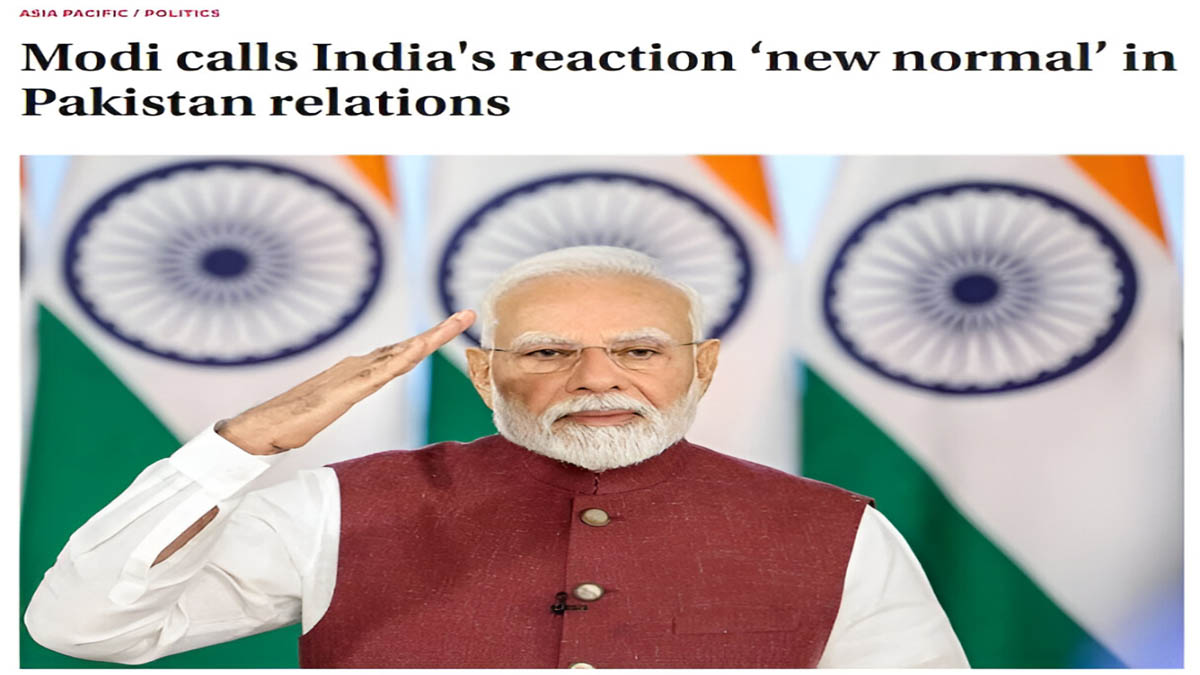In a move that highlights the ongoing defiance of designated terror groups, the Jaish-e-Mohammed (JeM) is reportedly planning a memorial service for Yusuf Azhar, the brother of its founder, Masood
All posts tagged in Operation Sindoor
In a significant diplomatic exchange, Prime Minister Narendra Modi engaged in a detailed telephonic conversation with US President Donald Trump today, firmly asserting that the United States played no mediatory
In a candid and unprecedented address, General Krishnan Arora, the esteemed Chief of Defence Staff, today offered a sobering reflection on the initial setbacks and profound losses suffered during the
In a significant diplomatic win for India, Colombia has retracted its earlier statement expressing condolences for deaths in Pakistan following Indian counter-terrorism strikes. This U-turn comes after a forceful intervention
In a fresh escalation of internal party tensions, senior Congress leader and Member of Parliament Shashi Tharoor has delivered a pointed retort to his critics within the party, stating he
A month has passed since the tranquil Baisaran Valley near Pahalgam, a popular tourist destination in Jammu and Kashmir, was shattered by a brutal terror attack that claimed the lives
In a powerful declaration echoing India’s unyielding stance on national security and counter-terrorism, Prime Minister Narendra Modi has delivered a categorical warning to Pakistan: there will be no dialogue and
In a powerful testament to India’s burgeoning military might, a top Indian Army officer has unequivocally declared that the entire territory of Pakistan falls within the strike range of India’s
The arrest of Professor Ali Khan Mahmudabad, an academic at Ashoka University, over his social media posts concerning “Operation Sindoor” has ignited a wave of political reactions, with the Congress
Prime Minister Narendra Modi’s declaration that “Operation Sindoor” signifies a “new normal” in India’s counter-terrorism policy marks a significant shift in the nation’s strategic approach. This declaration follows a decisive
- 1
- 2















